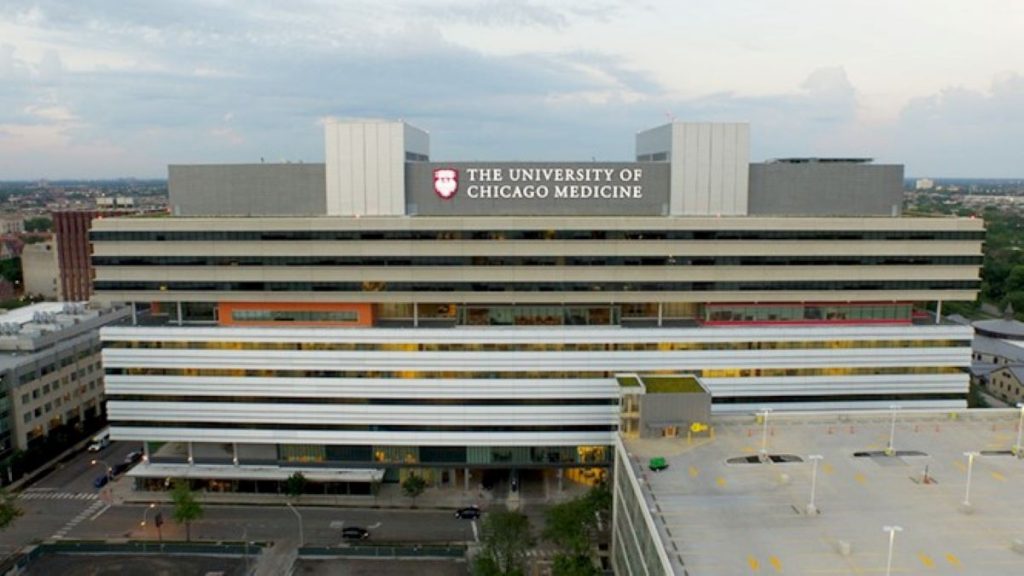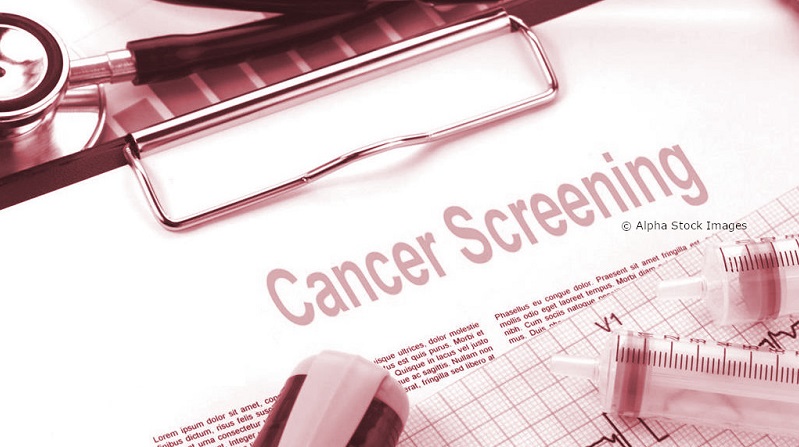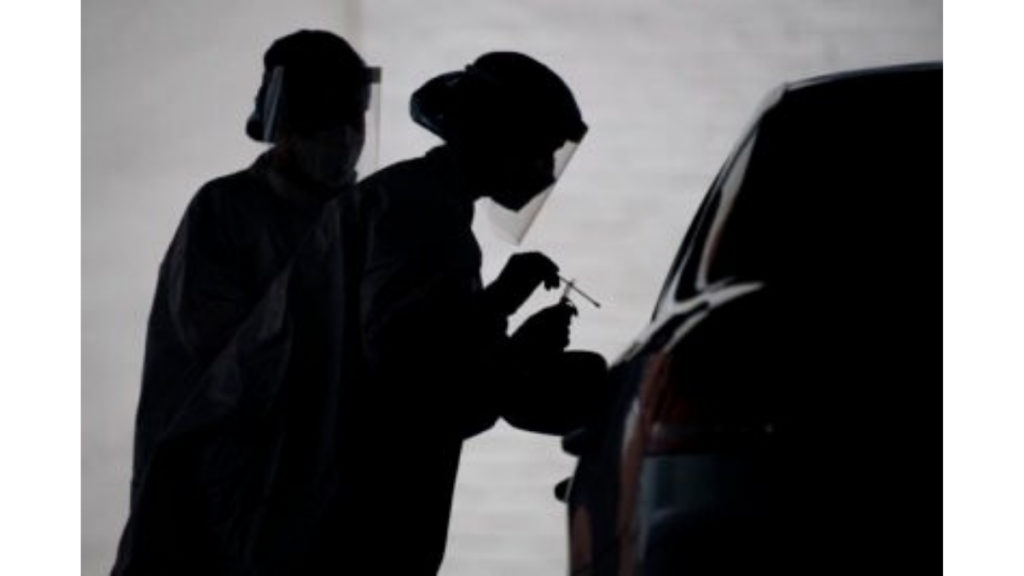University of Chicago Looks to Tackle Cancer Rates and Treatment on the Southside

![]()
University of Chicago Looks to Tackle Cancer Rates and Treatment on the Southside (Chicago, IL) — African Americans have the highest death rate and shortest survival of any racial or ethnic group for most cancers. African American men also have the highest cancer incidents, according to the American Cancer Society.
In an attempt to address essential health care needs, the University of Chicago Medicine is planning an ambitious initiative. They hope to provide a world class facility that would handle access to care for cancer treatment, research, education, detection and more.
[Elite_video_player id=”1″ youtubevideos=’blr79ZvTAbY’]
“This is one of the single largest investments that has ever been made in health for the south side of Chicago. It is super exciting to be part of this endeavor and so needed in this community,” said Brenda Battle, Senior Vice President for Community Health Transformation and Chief Diversity, Equity and Inclusion Officer at UChicago Medicine.
The University of Chicago Medicine plans to build a $633 million, 500,000-square-foot facility dedicated to cancer care on its medical campus in the city’s South Side, representing one of the largest investments made by the academic health system for patients and the community.
“Cancer is the second largest cause of death on the south side. The southside suffers from a number of disparities such as cancer as well as other disparities of chronic conditions, lack of access to resources and disenfranchisement. Nearly 60 percent of people leave the south side for cancer treatment because there is not enough access to it. You name it the south side suffers from it,” said Battle.
The plan for Chicago’s first freestanding clinical cancer center includes the addition of 128 beds. These beds will be dedicated to patients with cancer, allowing UChicago Medicine to open other beds for patients with complex or acute care needs in areas such as organ transplants, digestive diseases, cardiology, orthopedics and trauma care. As one of only two National Cancer Institute-designated Comprehensive Cancer Centers in Illinois and the only academic medical center on the South Side, UChicago Medicine is uniquely positioned to reimagine cancer care for the community and the City of Chicago.
“We know there is an anticipation of greater cancer disparities since the pandemic,” said Battle. “People have been delaying care and screenings for a number of reasons. The result of that is we are going to see increasing cancer rates. Having this hospital on the southside will minimize individual reluctance to access care when they need it.”
Battle said she has seen significant ramifications from health care workers constantly being on the front line handling the pandemic over the past two years. Being a dependable and persistent caretaker with few breaks to re-calibrate has caused extreme physical or mental fatigue.
“It has impacted the morale and resilience of healthcare workers that continue to be present in taking care of individuals who continue to be in the hospital because of COVID-related conditions,” added Battle. “They want to take care of the population, but all over the country, there is a high level of burnout. The devastation is across all healthcare workers who are unique because they are taking care of the sick.”
With 77 percent of the people on the south side being African American or Latino, Battle also believes in the importance of diversity, equity and inclusion.
“It is critical to better serve our community,” said Battle. “One from a representation standpoint, we need to represent the people we take care of. We need to understand some of the genetic, underlying issues, knowledge and experiences of the people we take care of. Creating a level playing field for individuals around health care and access to healthcare. You can’t effectively serve a community, particularly like ours, without a very intentional focus on diversity, equity and inclusion.”
University of Chicago Looks to Tackle Cancer Rates and Treatment on the Southside








Responses